Podstawy dla rolnictwa tropikalnego w języku angielskim
The program of studies is based on the following main subjects: mathematics, botany, plant physiology, zoology, microbiology, physics, chemistry, biochemistry and specialized subject, such as soil science, genetics, plant and animal husbandry, animal anatomy, soil cultivation and protection, agricultural engineering, meteorology and hydrology, plant protection, basic forage science and animal nutrition, chemistry of foods, basic water management in the natural environment, general technology of foods, storage of raw materials and food products, plant cultivation, technology of plant raw materials, analysis of foods, biometrics, technology of animal raw materials, farm animal breeding, prevention of farm animal diseases, wellbeing of animals and hygiene of animal production, general ecology, economics of agricultural production), as well as supplementary (elective) subjects – to be selected by the student.
The important elements of the program include the four-week-long vocational training taken after the completion of the second year of studies and the professional training after the sixth semester.
The graduates of this field of studies will have knowledge in the area of food production and processing technology on the local, regional, national and global scale. They will know the threats connected with human activities and the basic risks connected with the production and processing of agricultural products.
The studies also prepare the graduates to hold managerial positions in the scope of food management as well as to run an agricultural farm. The knowledge and skills of the graduates will also focus on the aspects of sustainable agricultural operations (agroecology), which makes those studies special and fundamentally different from other fields.
Dla kogo studia na kierunku podstawy dla rolnictwa tropikalnego w języku angielskim
To propozycja dla osób otartych na nowości, pragnących swoją przyszłość związać z produkcją rolniczą. Konieczna doskonała znajomość języka angielskiego.
Program kształcenia na kierunku podstawy dla rolnictwa tropikalnego w języku angielskim
Program studiów jest bardzo obszerny i przewiduje kształcenie studentów zarówno z zagadnień produkcji roślinnej, jak i zwierzęcej oraz m.in. hydrologii, technologii żywności, genetyki czy inżynierii rolniczej.
Przedmioty maturalne i zasady rekrutacji na kierunku podstawy dla rolnictwa tropikalnego w języku angielskim
Zasady rekrutacji należy sprawdzać w serwisach rekrutacyjnych uczelni.
Perspektywy pracy po kierunku podstawy dla rolnictwa tropikalnego w języku angielskim
Ideą kształcenia jest przygotowanie specjalistów gotowych podjąć pracę w odległych miejscach na świecie.
Studia przewidziane są dla kandydatów zagranicznych.
Opinie o kierunku podstawy dla rolnictwa tropikalnego w języku angielskim
Kierunek powstał w odpowiedzi na zarówno problemy związane z ociepleniem klimatu, jak i wiąże się z przewidywanym wzrostem ludności – szczególnie w tzw. krajach trzeciego świata. Zdaniem ekspertów, popyt na żywność do 2030 r. wzrośnie o 40 procent, co wymusi rozwój produkcji rolnej szczególnie na terenach tropikalnych.
Kierunki pokrewne do kierunku podstawy dla rolnictwa tropikalnego w języku angielskim
Jakie uczelnie oferują kierunek podstawy dla rolnictwa tropikalnego w języku angielskim
W których miastach można studiować kierunek podstawy dla rolnictwa tropikalnego w języku angielskim
Komentarze (0)
Zobacz również

Studia rolnicze i przyrodnicze w Białymstoku i woj. podlaskim

Studia rolnicze i przyrodnicze w Gdańsku i woj. pomorskim

Studia rolnicze i przyrodnicze w Katowicach i na Śląsku
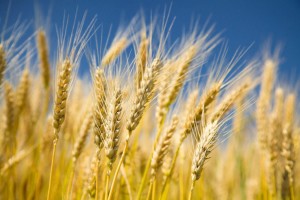
Studia rolnicze i przyrodnicze w Kielcach i woj. świętokrzyskim

Studia rolnicze i przyrodnicze w Krakowie i Małopolsce

Studia rolnicze i przyrodnicze w Lublinie i woj. lubelskim
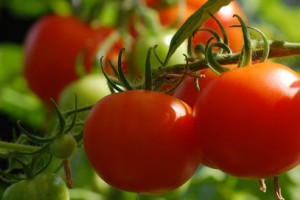
Studia rolnicze i przyrodnicze w Olsztynie i woj. warmińsko-mazurskim

Studia rolnicze i przyrodnicze w Opolu i woj. opolskim
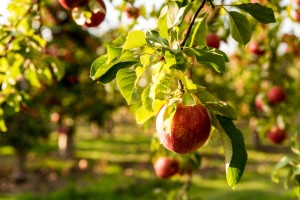
Studia rolnicze i przyrodnicze w Poznaniu i woj. wielkopolskim
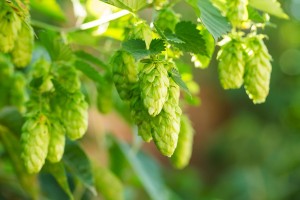
Studia rolnicze i przyrodnicze w Rzeszowie i woj. podkarpackim
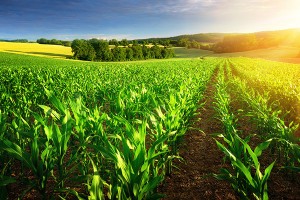
Studia rolnicze i przyrodnicze w Szczecinie i woj. zachodniopomorskim

Studia rolnicze i przyrodnicze w Toruniu, Bydgoszczy i woj. kujawsko-pomorskim
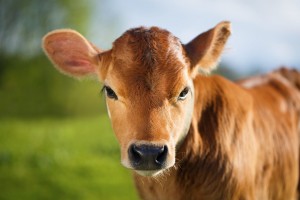
Studia rolnicze i przyrodnicze w Warszawie i woj. mazowieckim

Studia rolnicze i przyrodnicze w Zielonej Górze i woj. lubuskim

Studia rolnicze i przyrodnicze w Łodzi i woj. łódzkim














































































































































